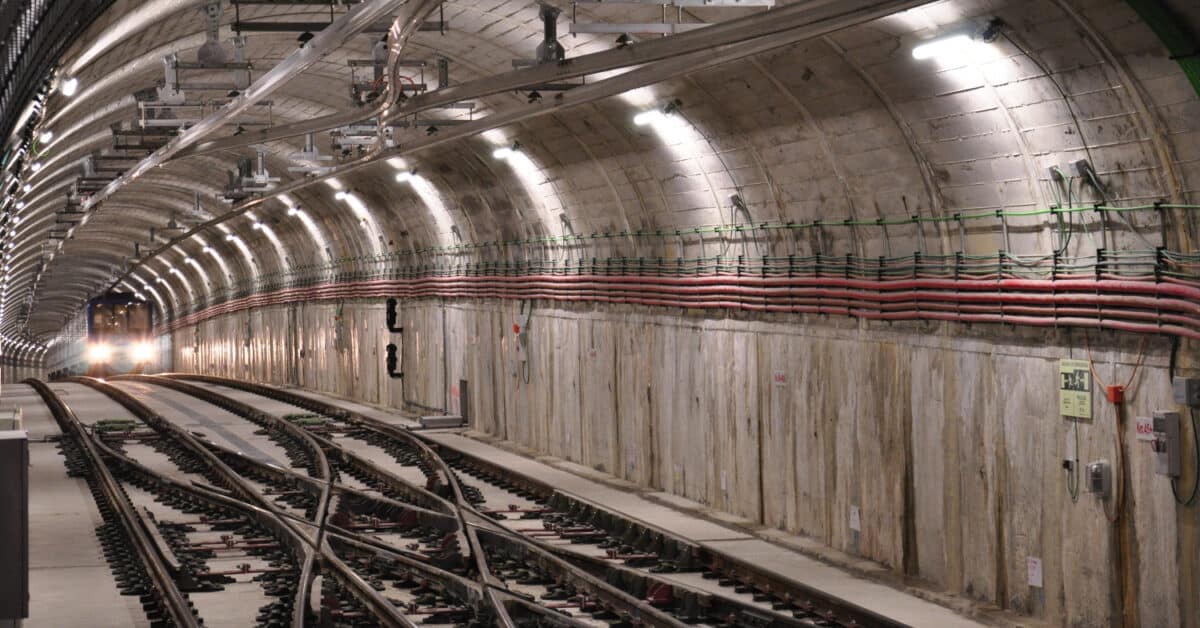Metro de Madrid, together with the Community of Madrid, has signed an agreement with the Spanish engineering company Sener to participate in the development of the Alexandria metro (Egypt). As part of this agreement, the Madrid company will draw up the operating plan for the first line, currently under construction.
The project, valued at approximately 50,000 euros and with a duration of five months, is part of the first phase of implementing the Alexandria metro.
The Alexandria metro, an essential hub of urban mobility
This line, which will handle a large part of the urban traffic on the eastern axis of the city, will have 20 stations spread over almost 21 kilometres.
Trenvista Premium te lleva directo, sin anuncios que hagan descarrilar tu lectura ni tu paciencia.
Únete por sólo 35€ al año, disfruta de contenidos exclusivos, más ventajas y cancela cuando quieras.
★ Empieza ahora
Its route will connect the historic heart of Alexandria with the residential district of Abu Qir, partly following the corridor of the old coastal tramway. The infrastructure will be mostly viaduct-based to avoid interference with dense urban traffic, while the south-western section will use existing surface platforms.
This project is part of an ambitious plan by the Egyptian government to modernise mobility in Alexandria, the country’s second most populous city and one of its main ports. According to official data from the National Authority for Tunnels (NAT), promoter of the project, the future network aims to alleviate congestion in a city of over five million inhabitants. Today, public transport is based on buses and trams that are more than half a century old.
For Sener, in charge of the engineering of the first phase – including layout, viaduct, and station studies – the participation of Metro de Madrid means incorporating the operational vision from the outset. Something essential in systems where the expected demand is around 500,000 passengers per day in its first year of operation.
Metro de Madrid promotes its international projects
This is not the first time that Metro de Madrid has acted as an international consultant. In India, the company is advising the Delhi Metro on the implementation of the Last Mile project, aimed at improving connectivity between stations and neighbourhoods. In Peru, since 2014, it has been collaborating with line 2 and the branch of line 4 of the Lima Metro, being part of the management of the 5 km currently in operation and of the commissioning plan for the remaining 30 km.
In Portugal, it has worked with Lisbon Metro to modernise its railway signalling, implementing the CBTC (Communications-Based Train Control) system on three of its lines, which has reduced the interval between trains.
The international projection of the Madrid metro is also reflected in the interest of foreign delegations. In the first half of this year alone, 17 organisations – including the metros of Santiago de Chile, Medellín and Copenhagen – visited Madrid to learn first-hand about its management model and technological advances.
According to the regional Ministry of Transport, this type of collaboration “not only strengthens Metro de Madrid’s position as a world reference operator, but also contributes to Spanish engineering and experience playing a leading role in major international mobility projects”.
